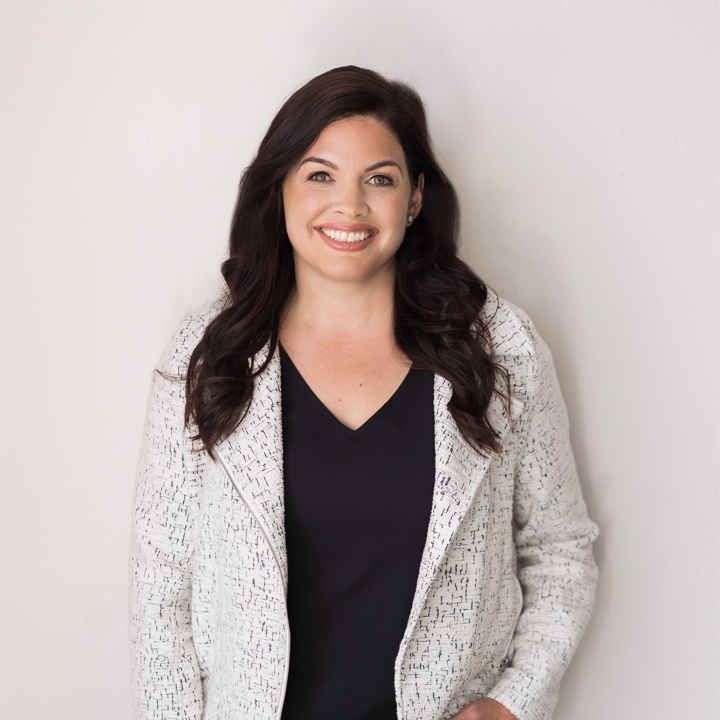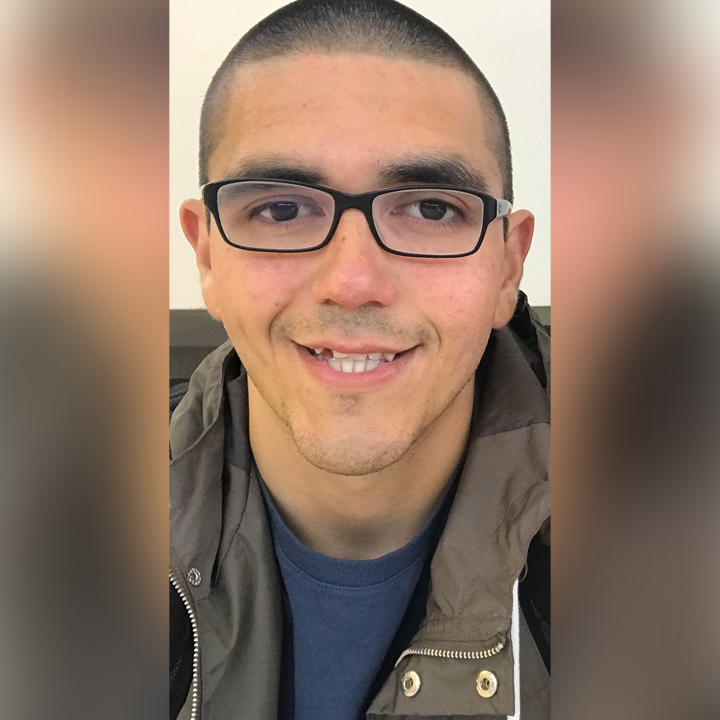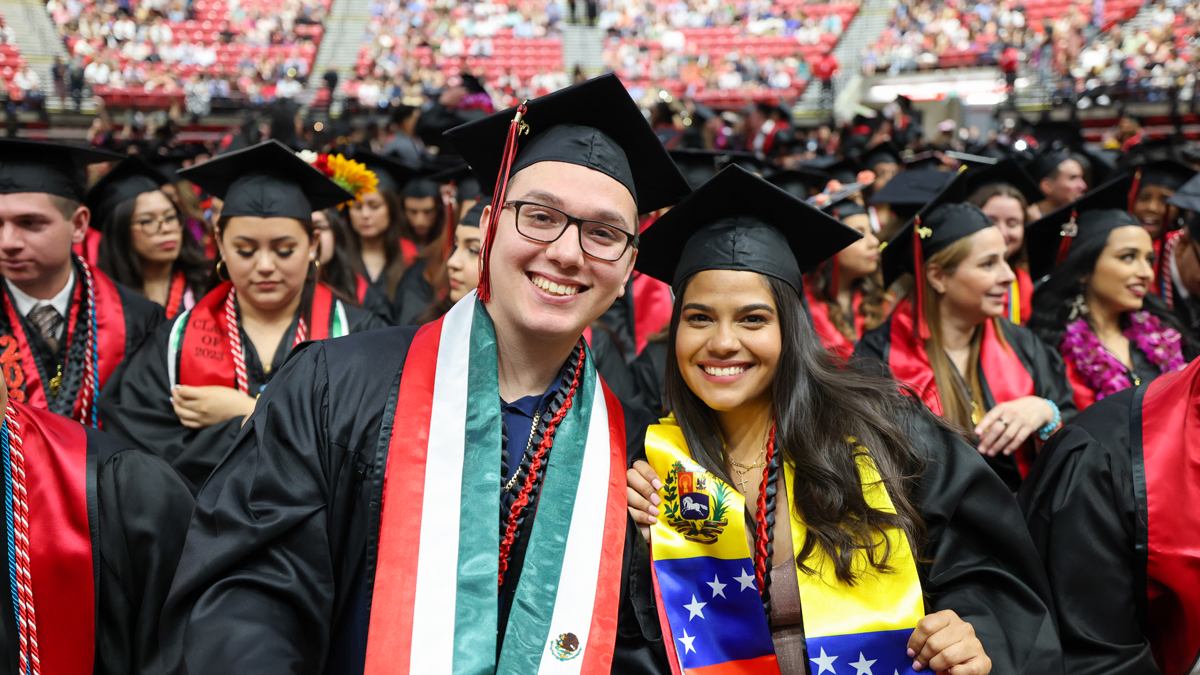Unexpected Lessons That Shaped One SDSU Alum's Leadership Journey

The water at San Diego State University’s pool was cold at dawn. That’s where Kierstin Rielly learned to live by structure, not because she loved it, but because she had to.
“We [the water polo team] had such a strict schedule,” she said. “It sounds so boring, but I started to thrive in this structured environment, which has definitely served me well in my professional career.”
Rielly started her college journey at SDSU in 2007, when she was undeclared and unsure about her career path yet. “I fell in love with the school,” she remembered. “I’m from North County in San Diego, so [the school] wasn’t super far.”
Freshman year, Rielly chose to go with a random roommate who turned out to become a lifelong friend. “She was also an athlete, and she’s still a best friend to this day,” Rielly said. “It was such a blessing to have a random roommate turn into a lifelong bestie.”
Though her life revolved around the pool, the classroom left its mark too. Rielly majored in journalism, minored in political science, and still remembers professors who shaped her voice. “Arceneaux was one of my favorites,” she said.
“He treated us like adults, really the first adult I had a relationship with who treated me like one, and that helped my projection into professional life.”
There was also Dr. Valerie Barker. “She had this thick English accent and was hilarious,” Rielly said. “I just loved her.”
But when she talks about SDSU, she doesn’t shy away from what outsiders might call the “party school” reputation. For her, it was part of the education. “It legitimately helped my career,” she said, laughing.
“Early in my professional career, I could walk into a room knowing nobody and feel comfortable striking up conversations. I partied every weekend for four years, and that was unknowingly practice for networking events later on.”
Her journey toward Women on Boards
These days, Rielly isn’t partying or standing poolside anymore, she’s sitting at the head of a growing movement. As the CEO of Women on Boards Project, she’s helping close the gap between who buys products and who leads the companies behind them.
“Women make about 80% of consumer decisions, yet we only hold maybe five to ten percent of board seats,” she explained. “With consumer brands, there’s a major gap between their customer and their leadership table. We aim to fix that.”
She’s proud to be the organization’s first full-time hire after years of volunteer-only operations. “Today, we’ve placed 71 women on boards,” she said. “It’s been big to see that kind of impact.”
But for Rielly, this isn’t just work, it’s personal.
“We’re in a professional world that wasn’t built for us,” she said.
Her path here wasn’t predictable, or easy. “Misogyny is real,” she emphasised.
She went on to explain how this has been a real challenge for her throughout her entire career, and it's partly the reason why she felt compelled to take on the role in Women on Boards, to make an impact against it.
Then came the pandemic, and just like everyone else’s career was impacted heavily, her in person event-based community work also hit a wall.
At Naturally San Diego, her role before Women on Boards, Rielly joined a team with only six months of funding left.
“It was sink or swim,” she said. “Raise the money, build this community, or you don’t have a job. We did it. People were so thrilled to gather again after lockdowns.”
She mentioned how she thrives in smaller organizations, where there’s “less red tape, more creativity.”
When asked what’s changed most for women in leadership, Rielly answered without hesitation.
“The biggest thing is that we’re talking about it now,” she said. “Ten years ago, it wasn’t being talked about openly like it is today. Now, women in sports, business, everywhere are sharing their stories”
To all the young women, who are just starting out, Rielly doesn’t sugarcoat it.
“Say yes to as many things as you can early in your career,” she said. “Often at the time you say yes, you don’t always know how you’re going to execute, but you figure it out later. Once you’re committed, you’re committed.”
She also urges students to network intentionally, remember details, and stay curious. “Ask people about their dogs, their kids, things outside their work life. It helps build real relationships,” she said. “And volunteer consistently with nonprofits whenever you can. It exposes you to people you might never meet otherwise.”
But her most comforting advice might be this: “You don’t have to have it all figured out. Nobody does. Anybody who says they do is lying.”


